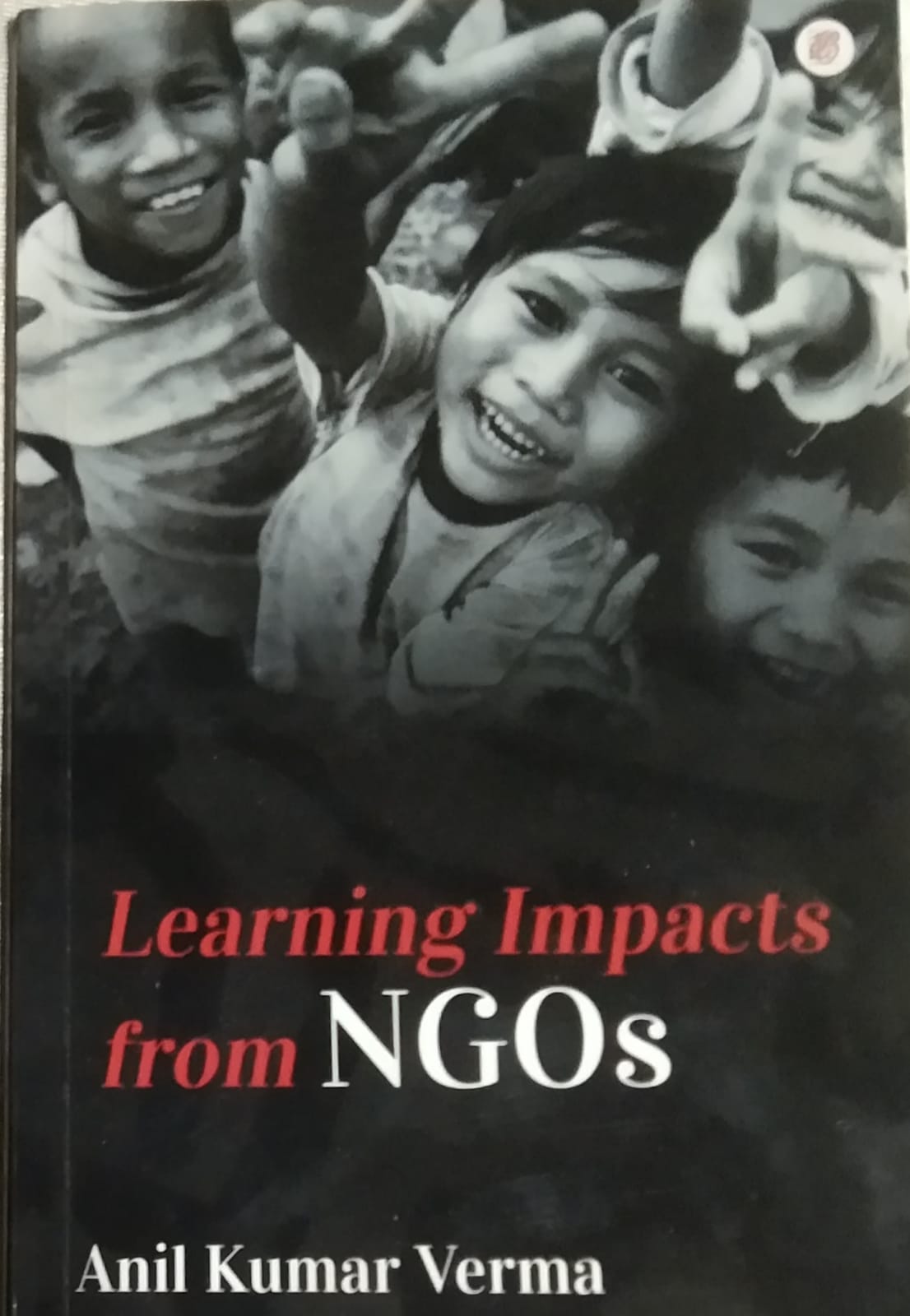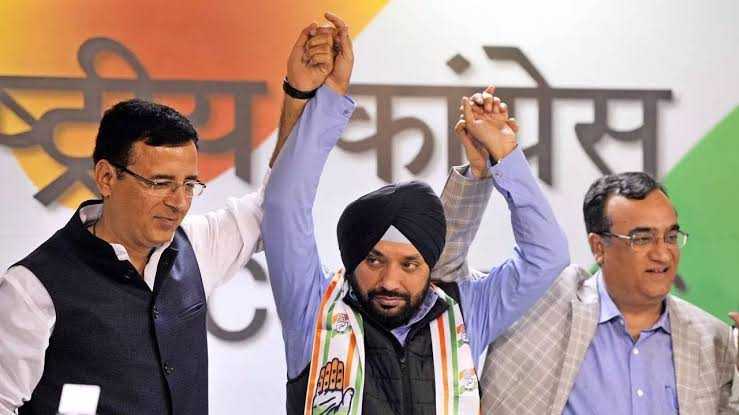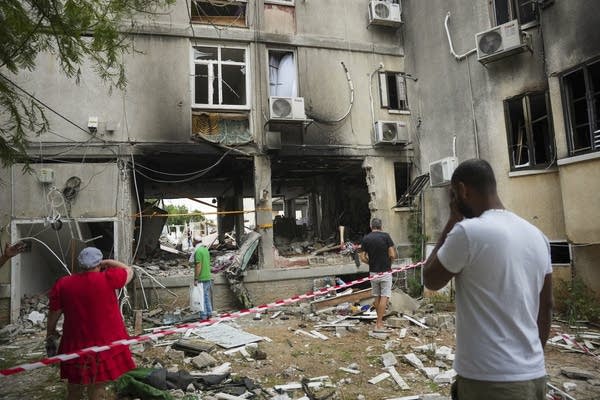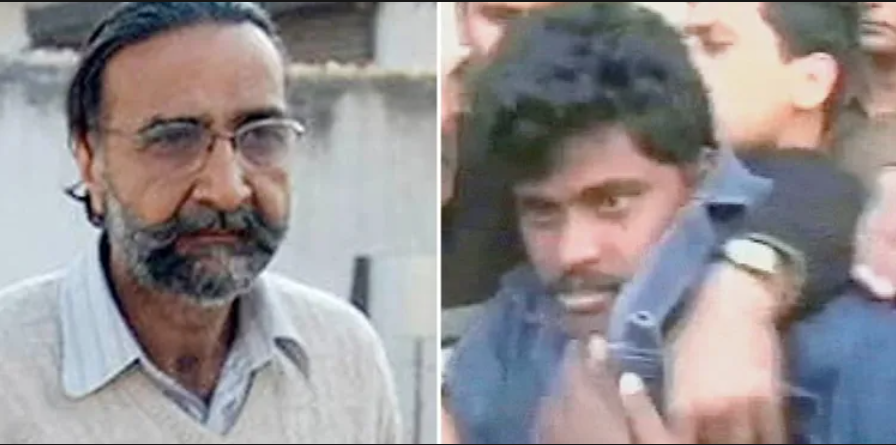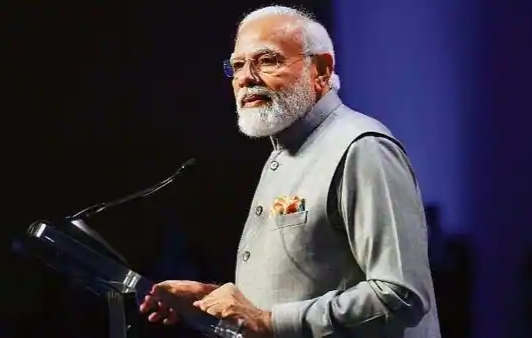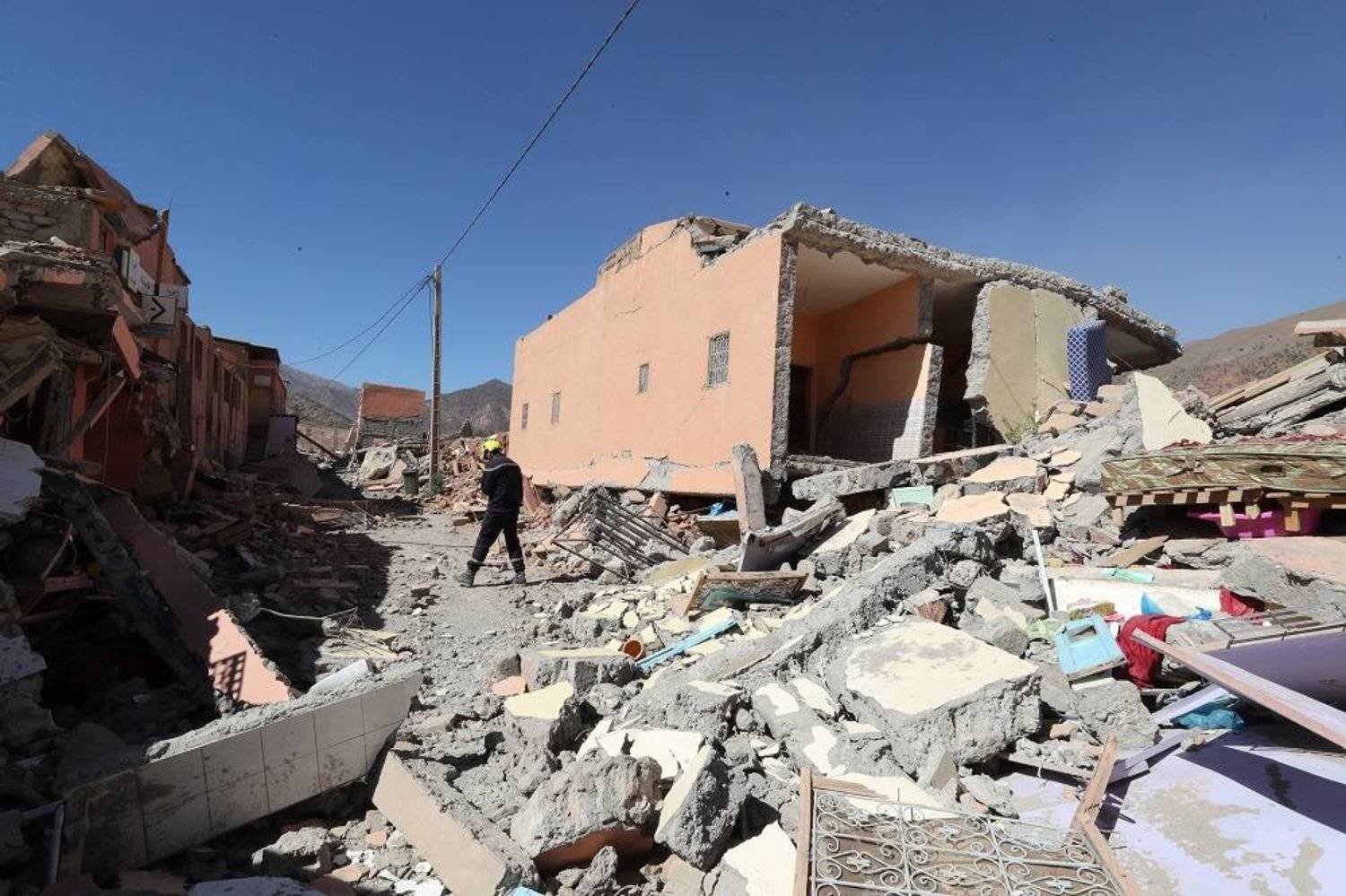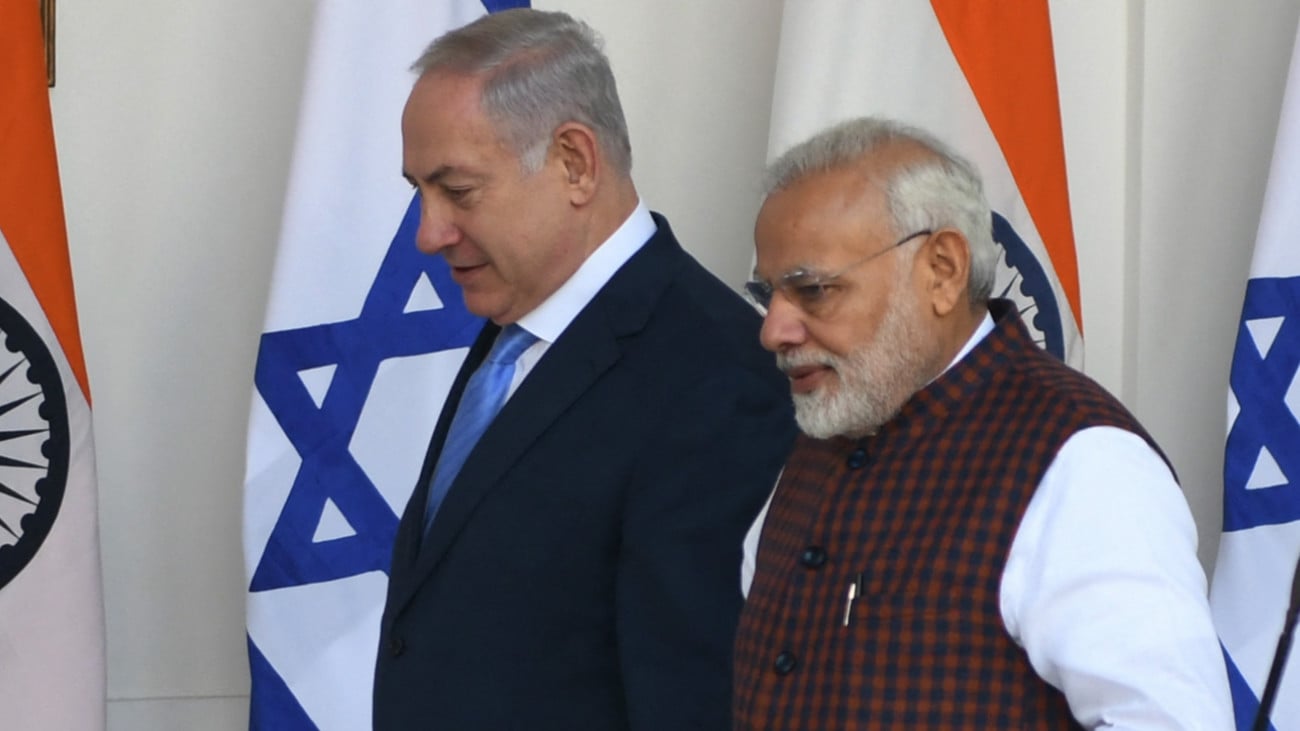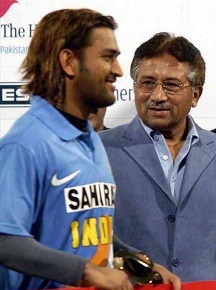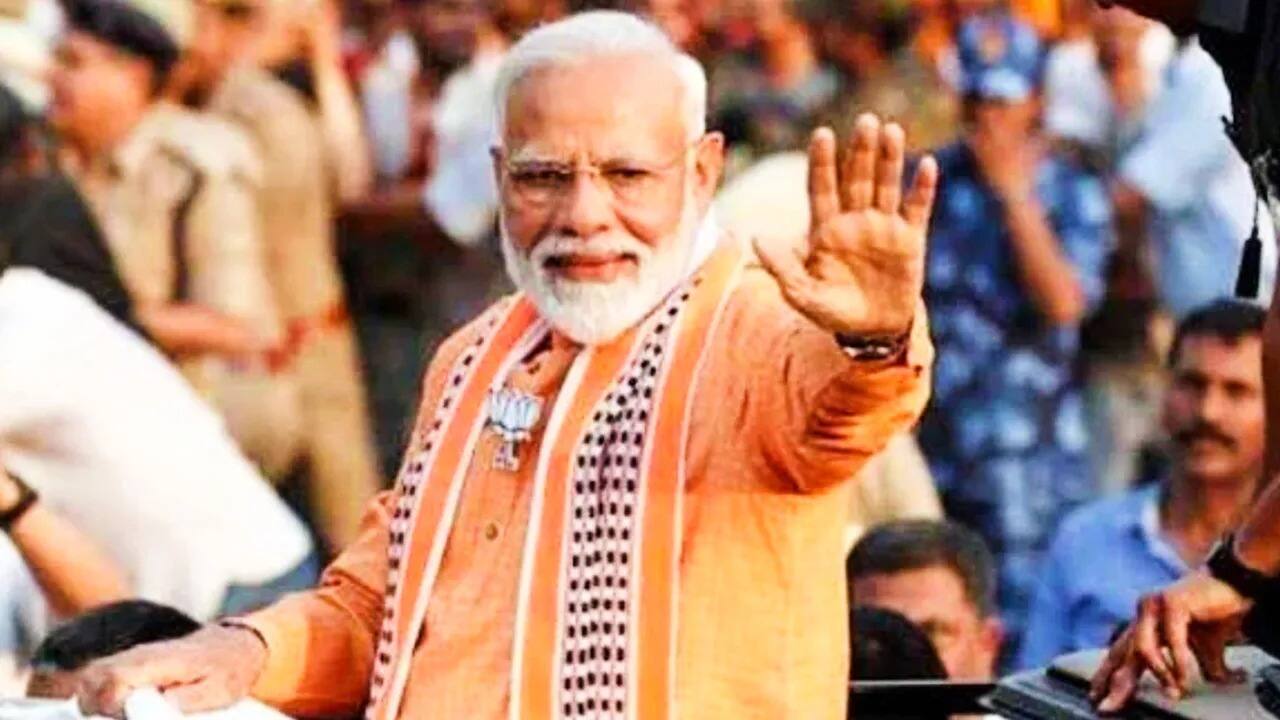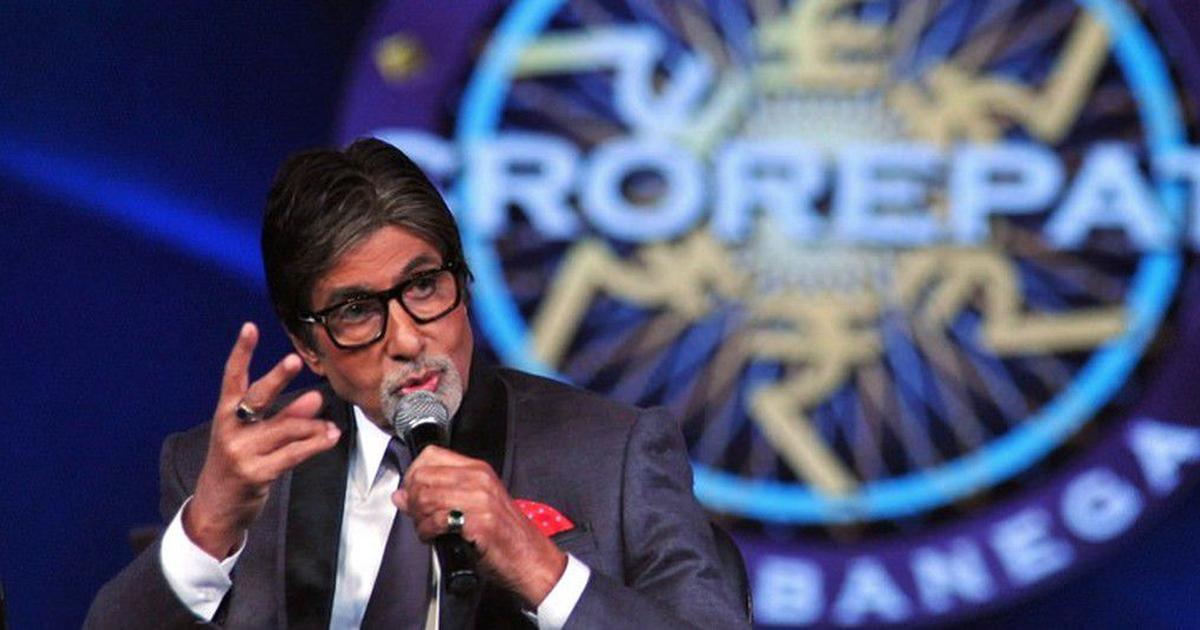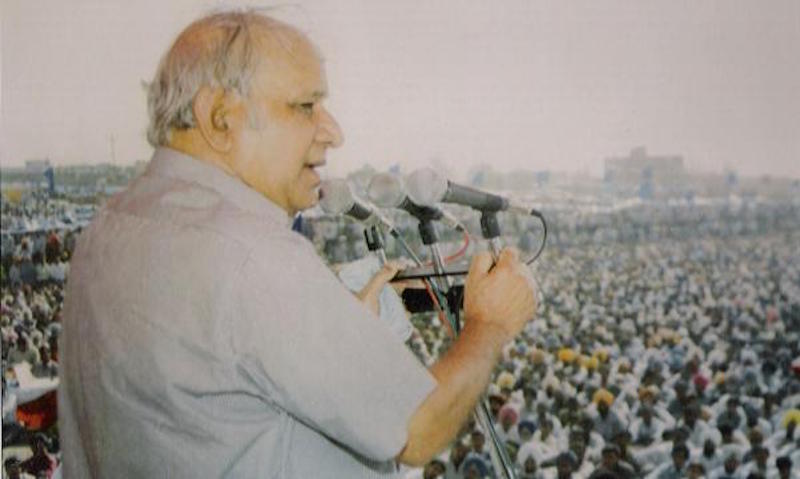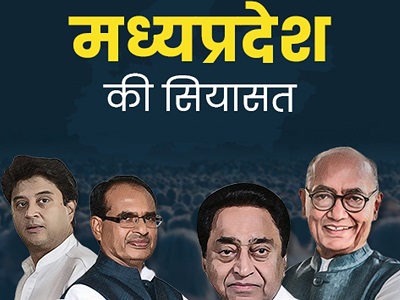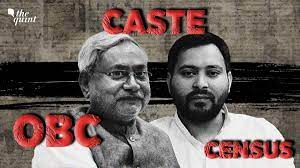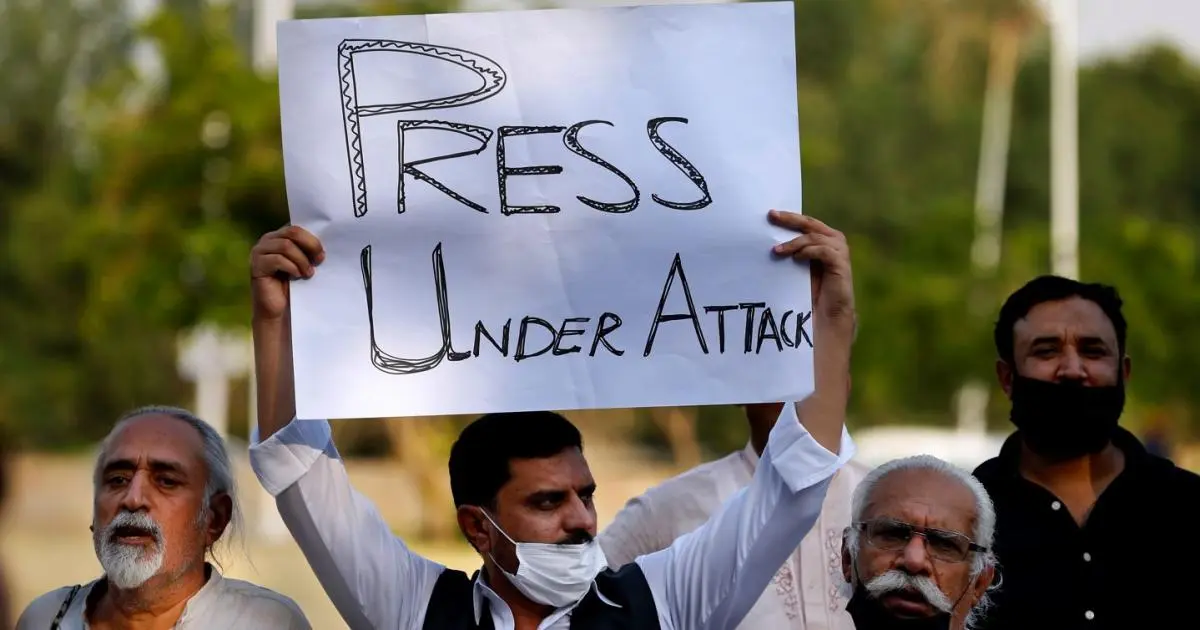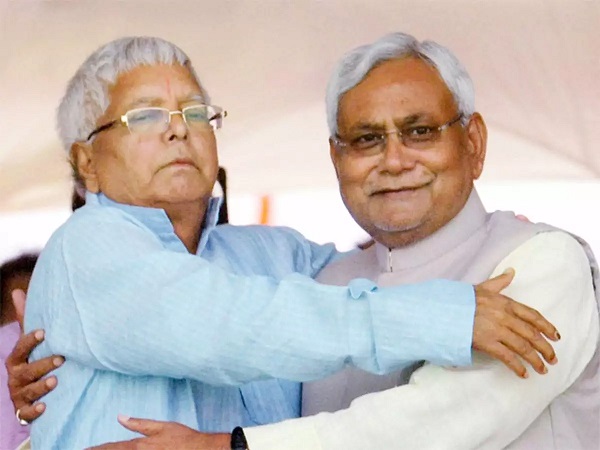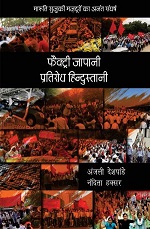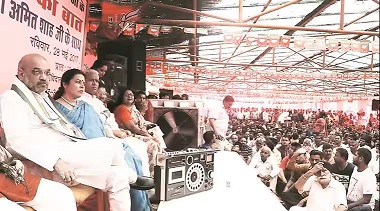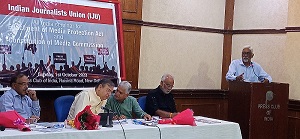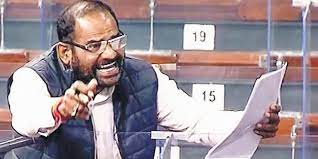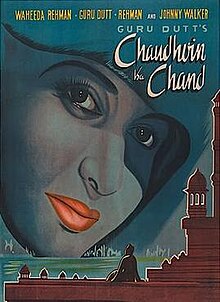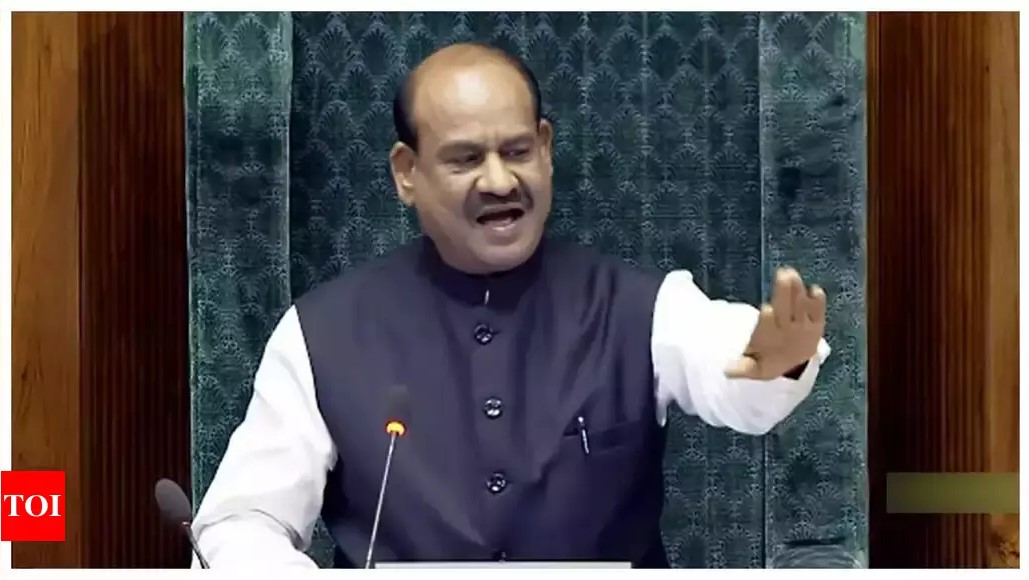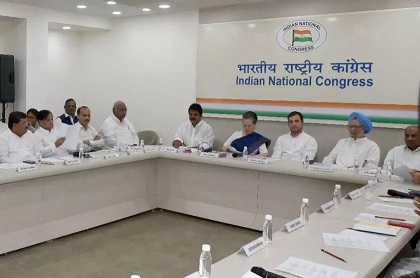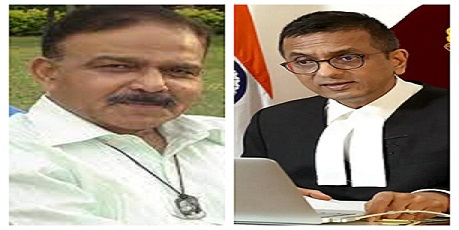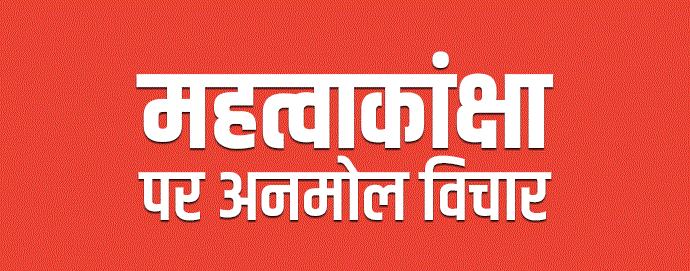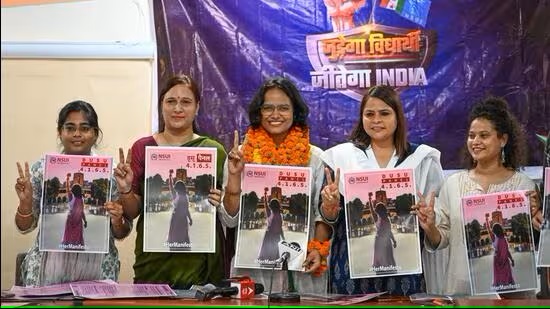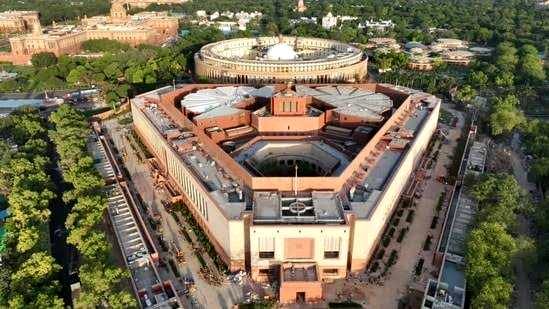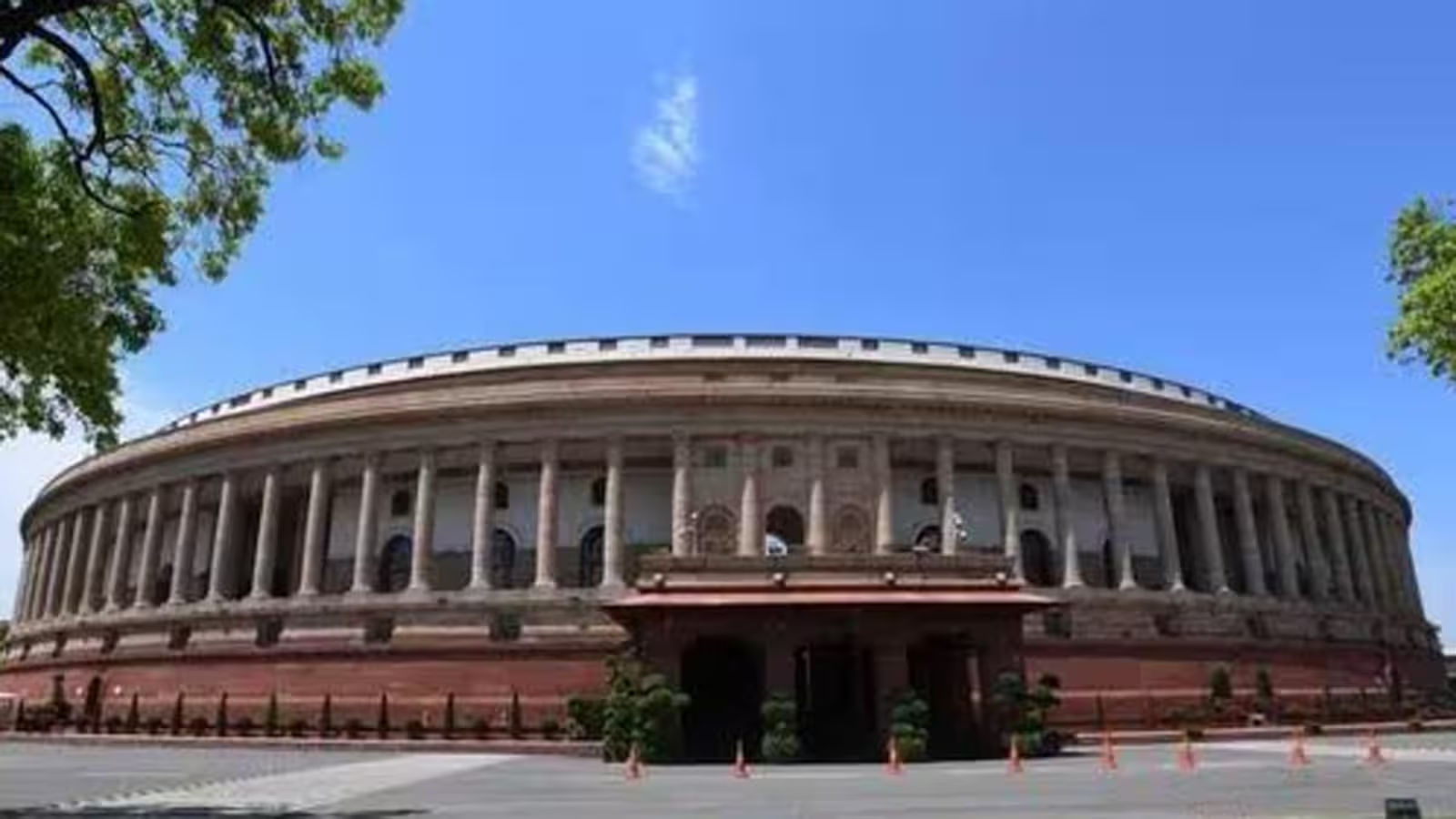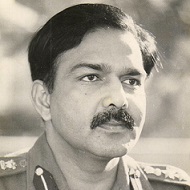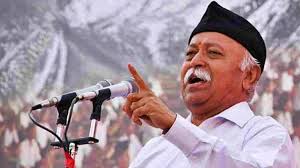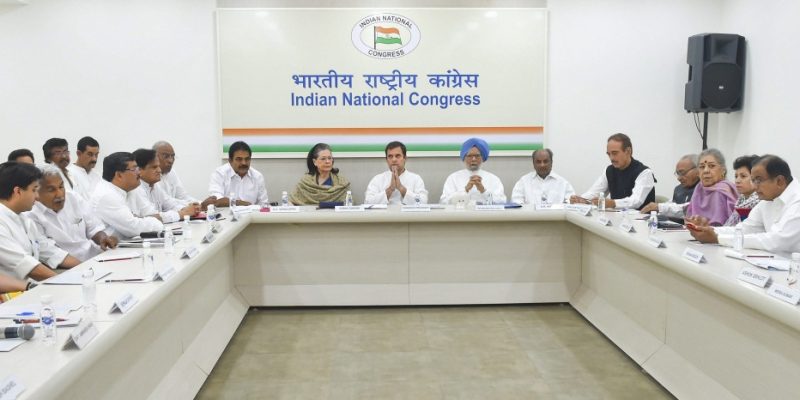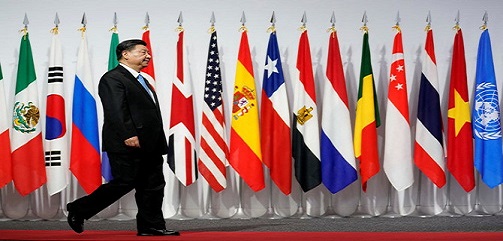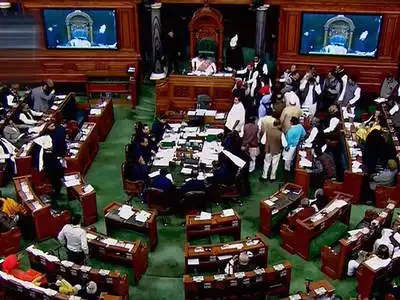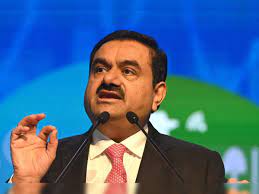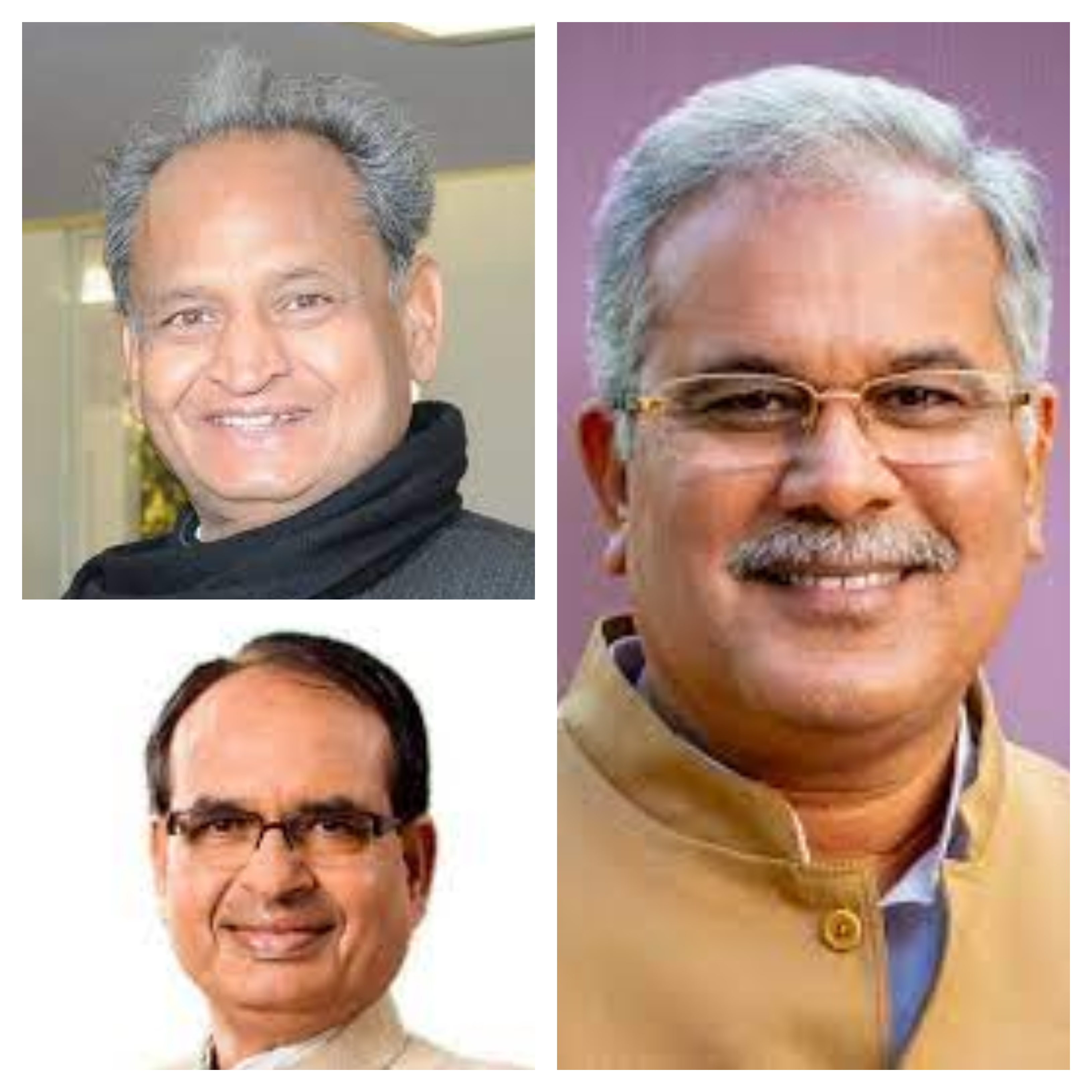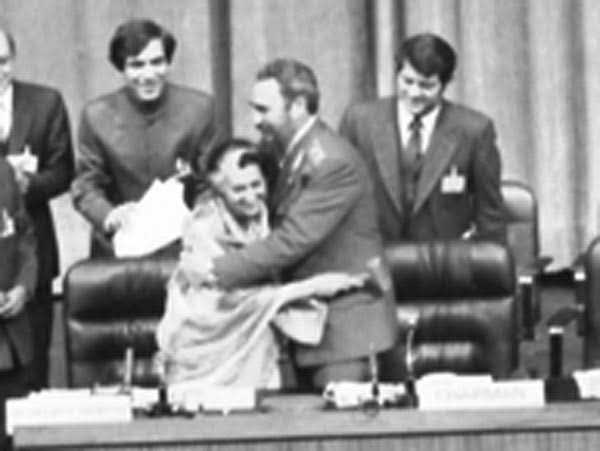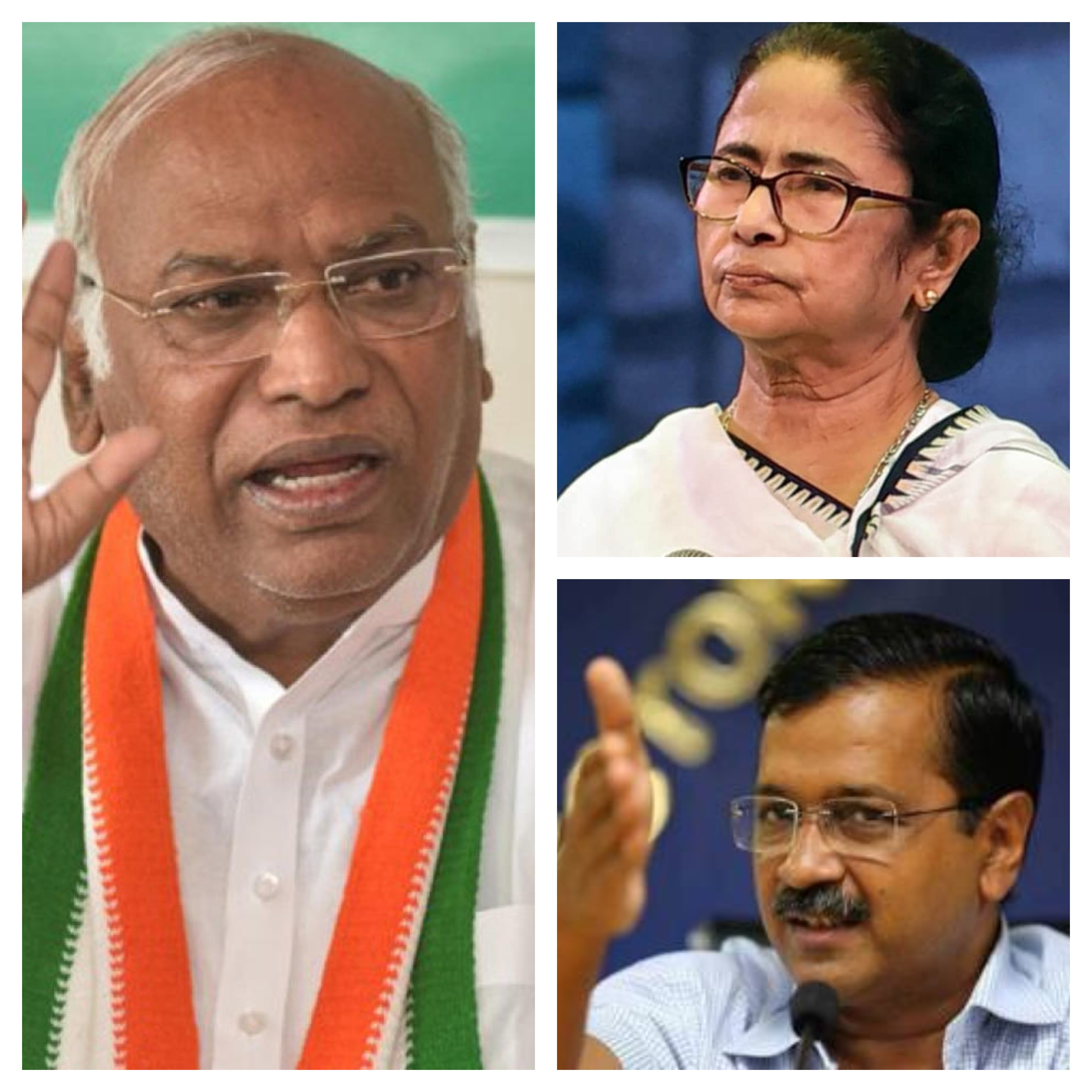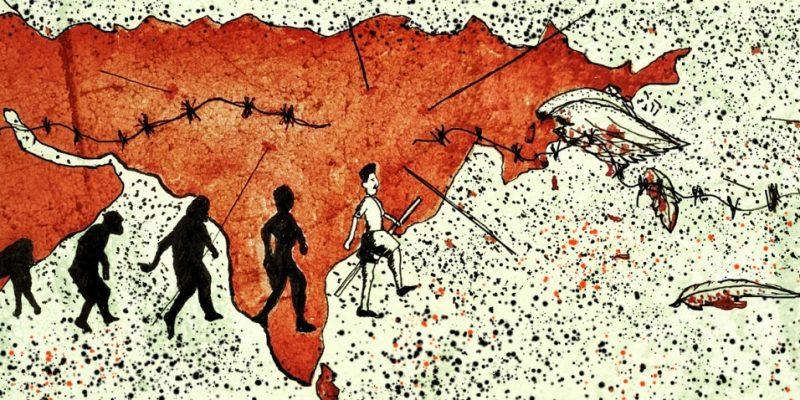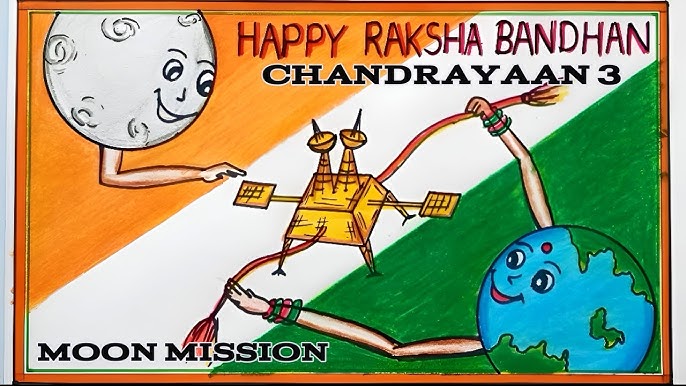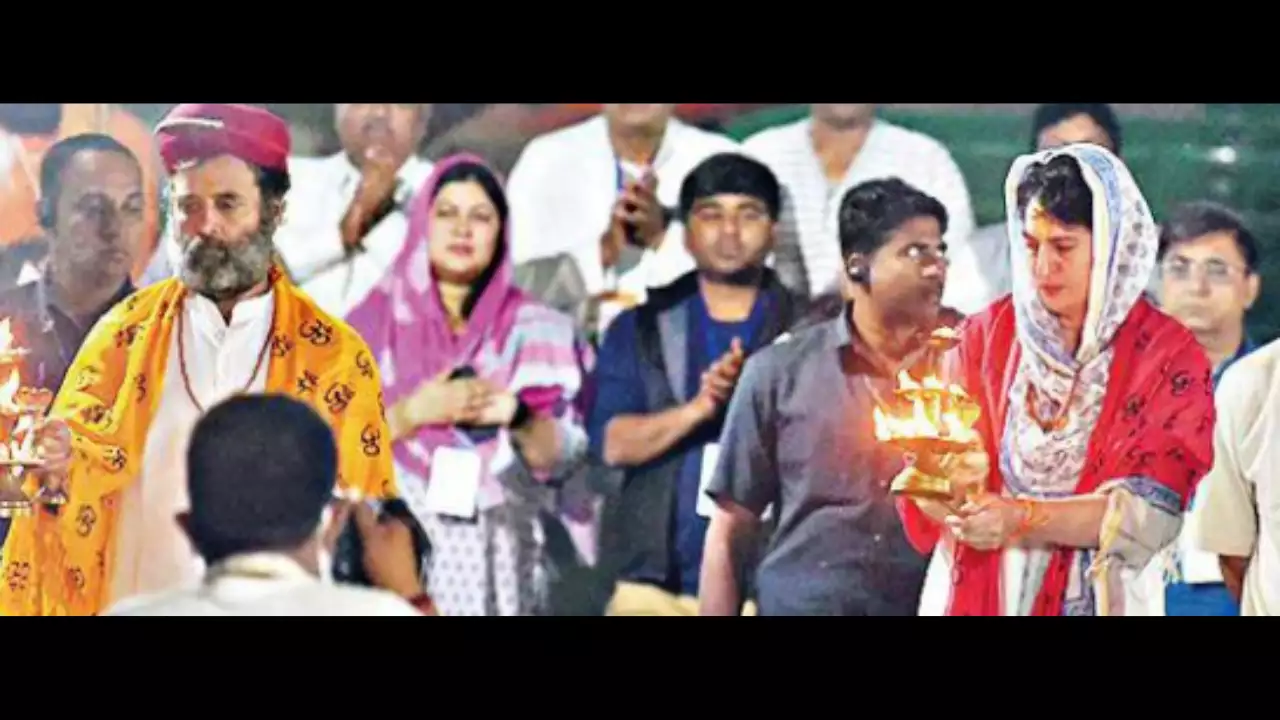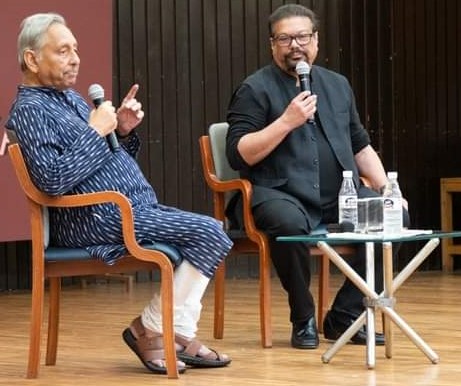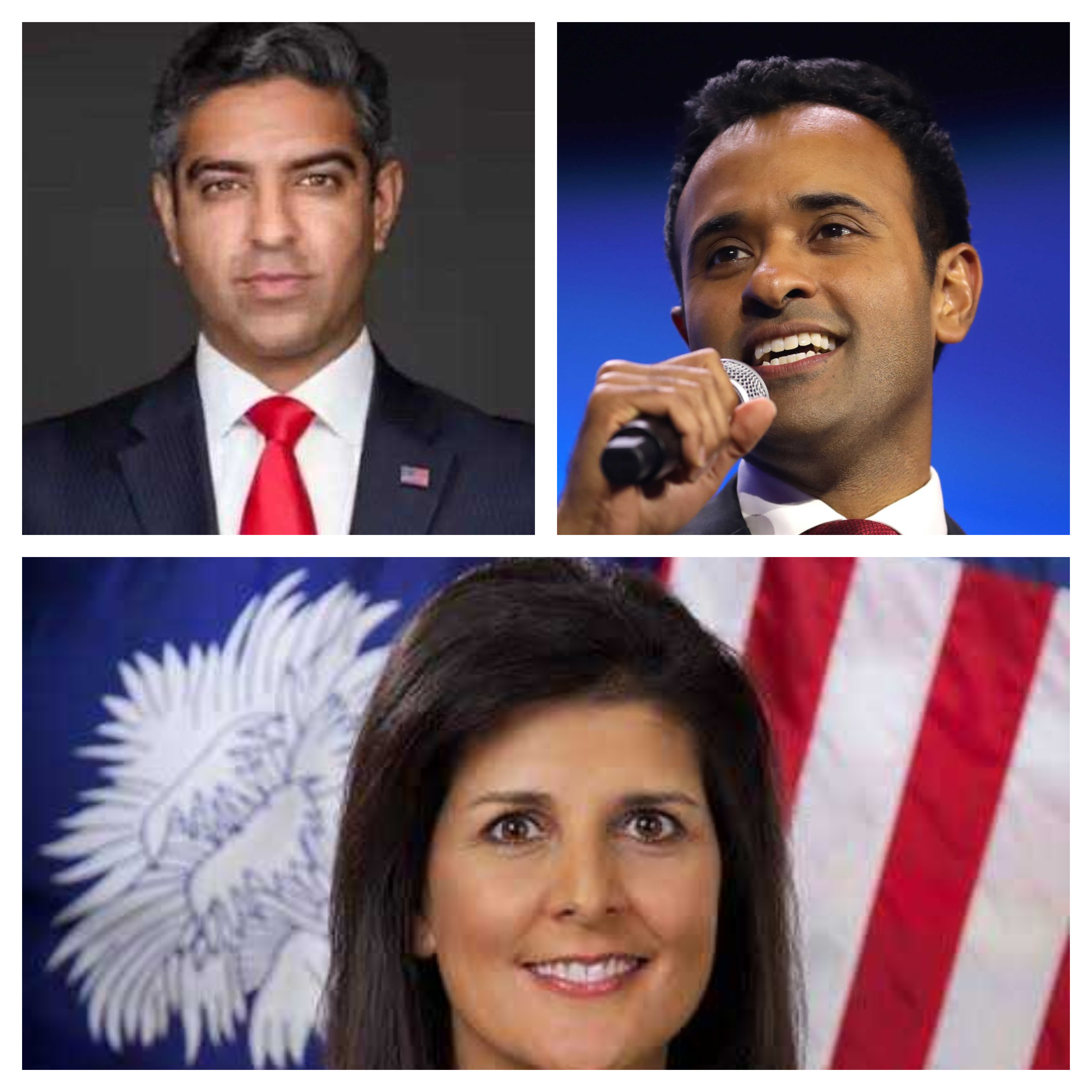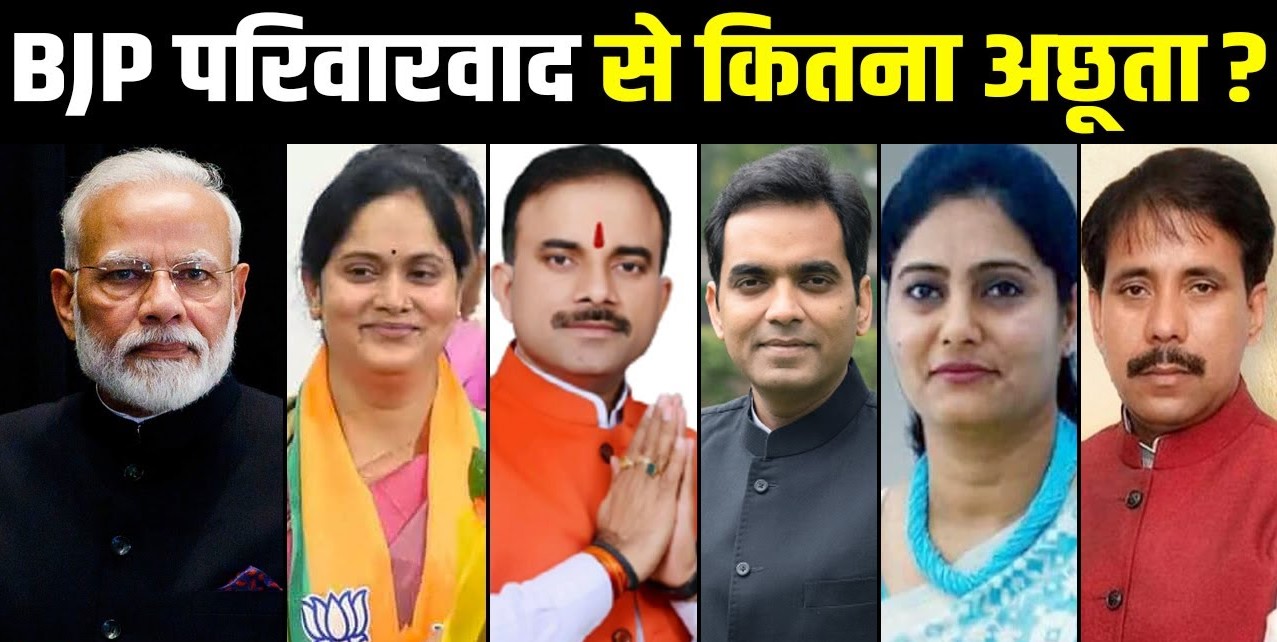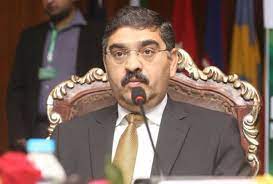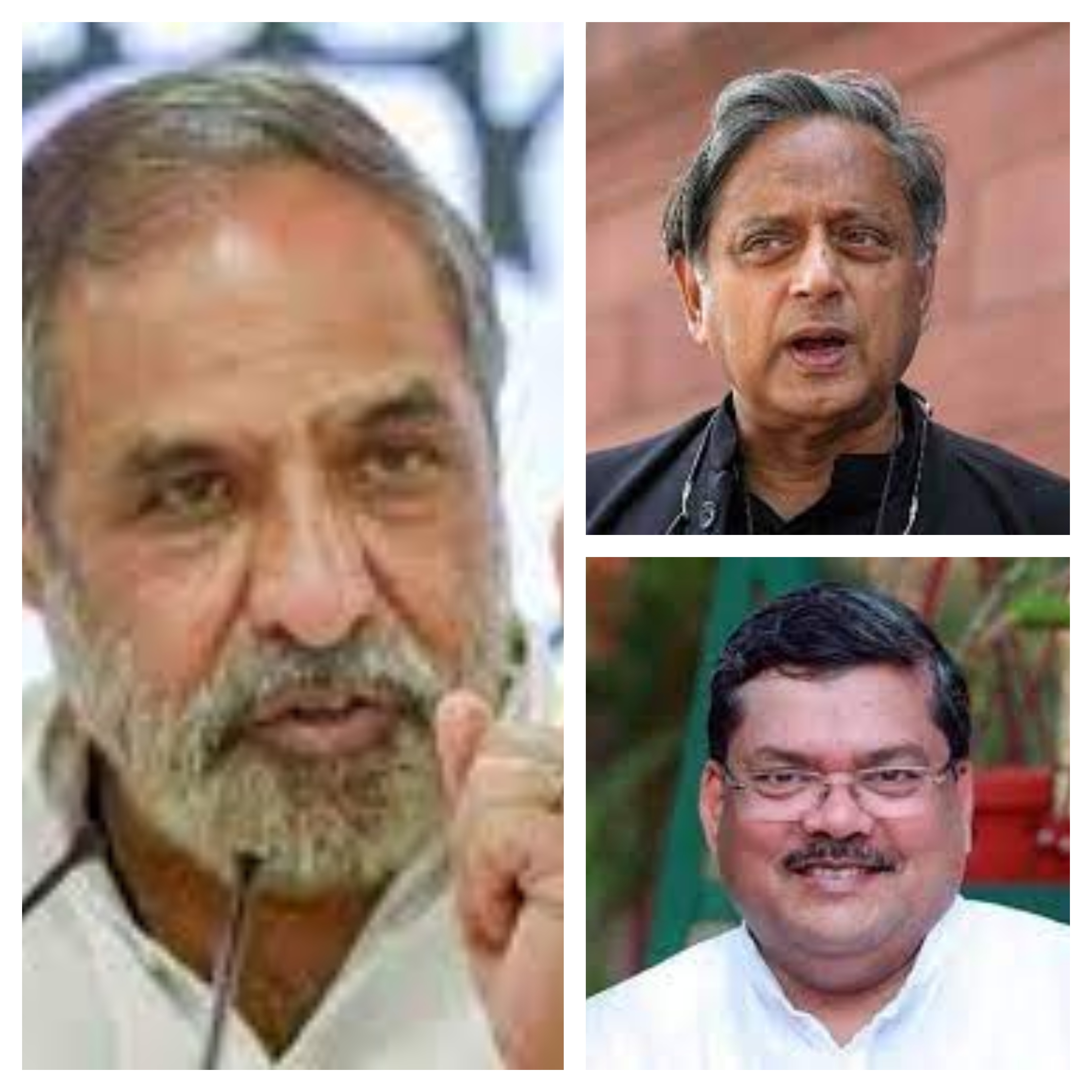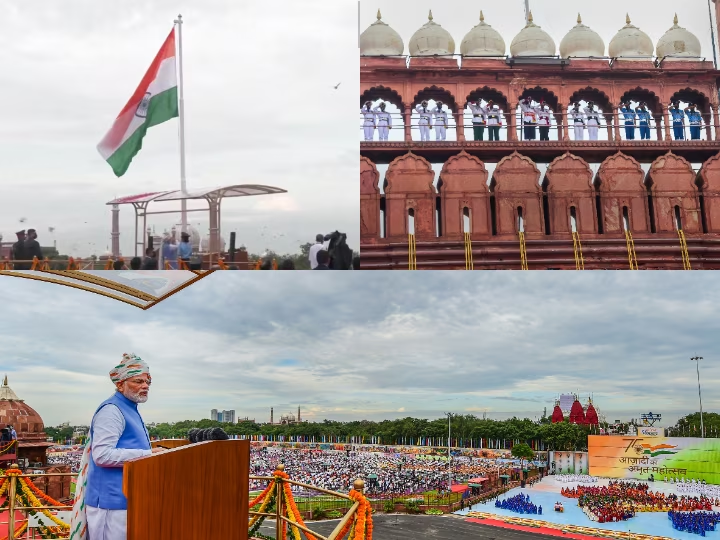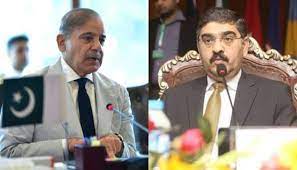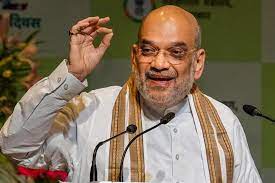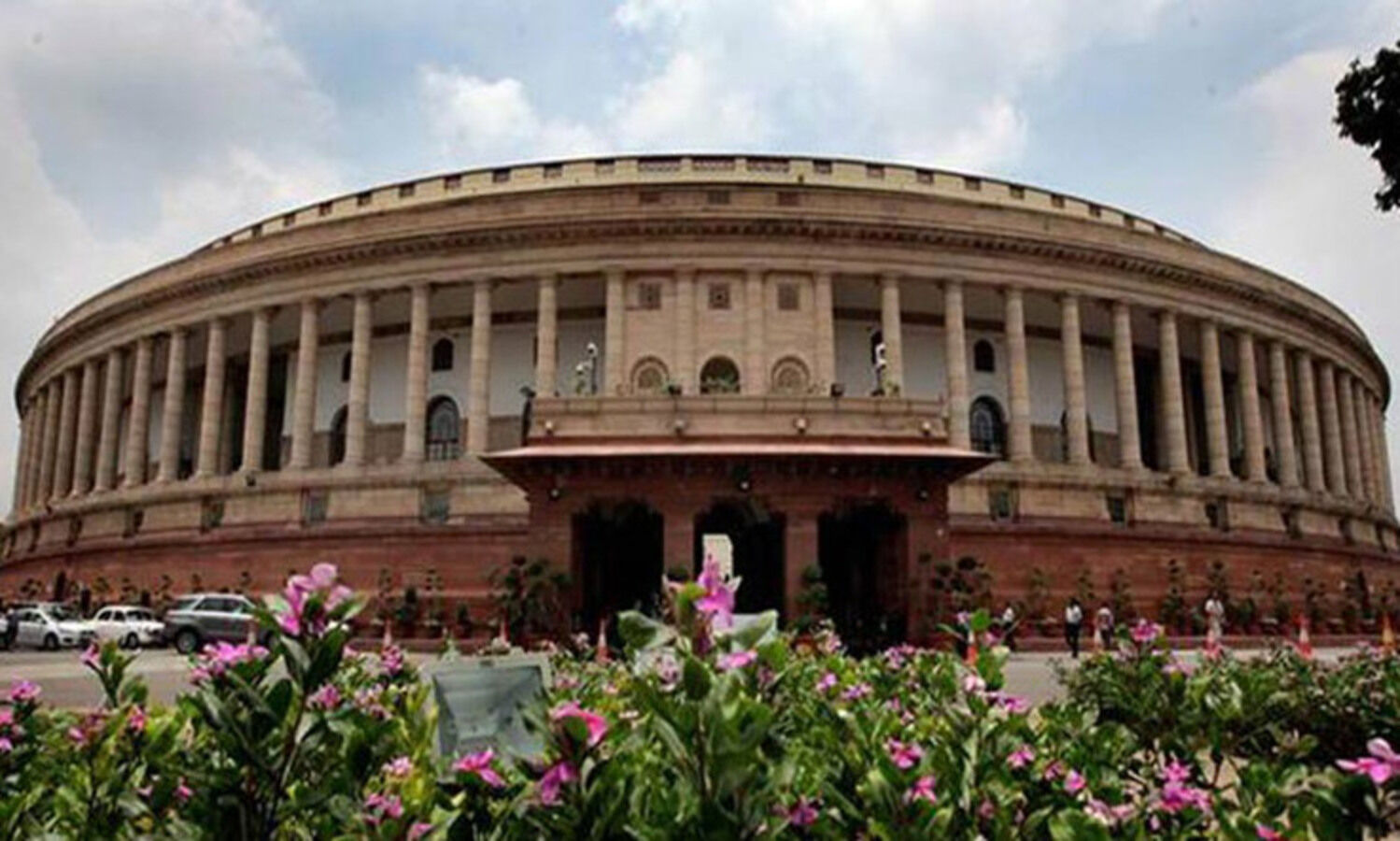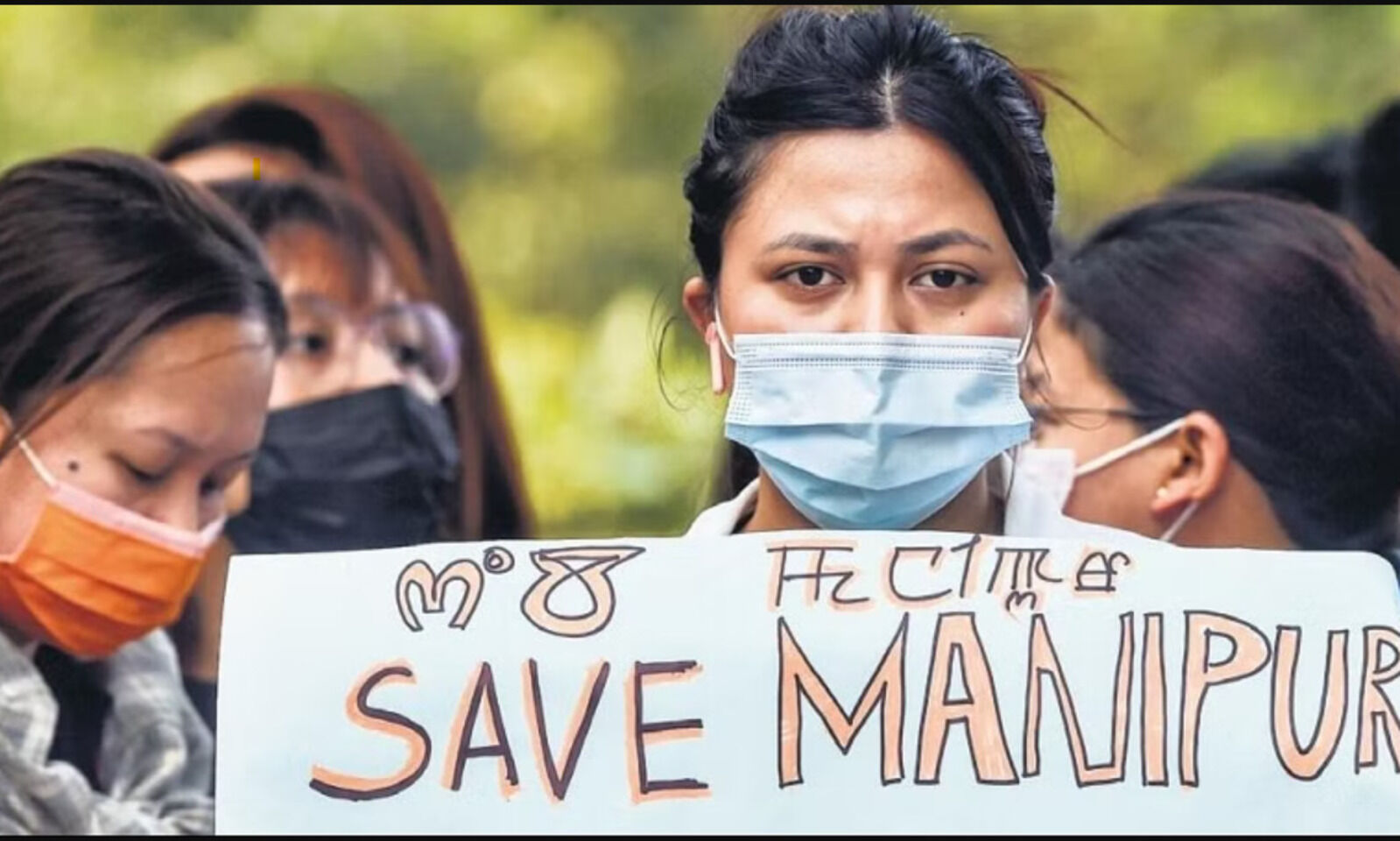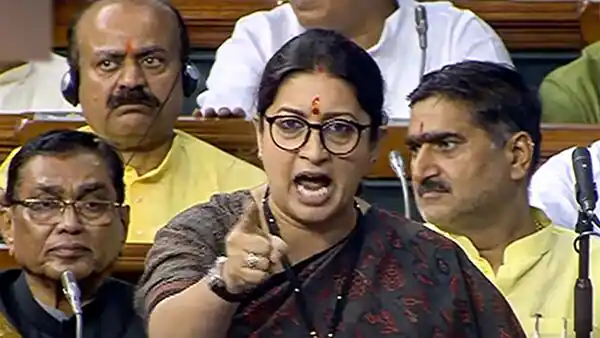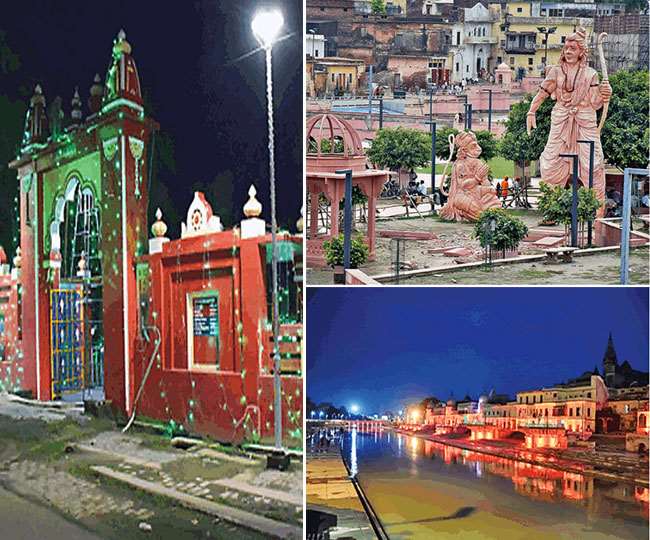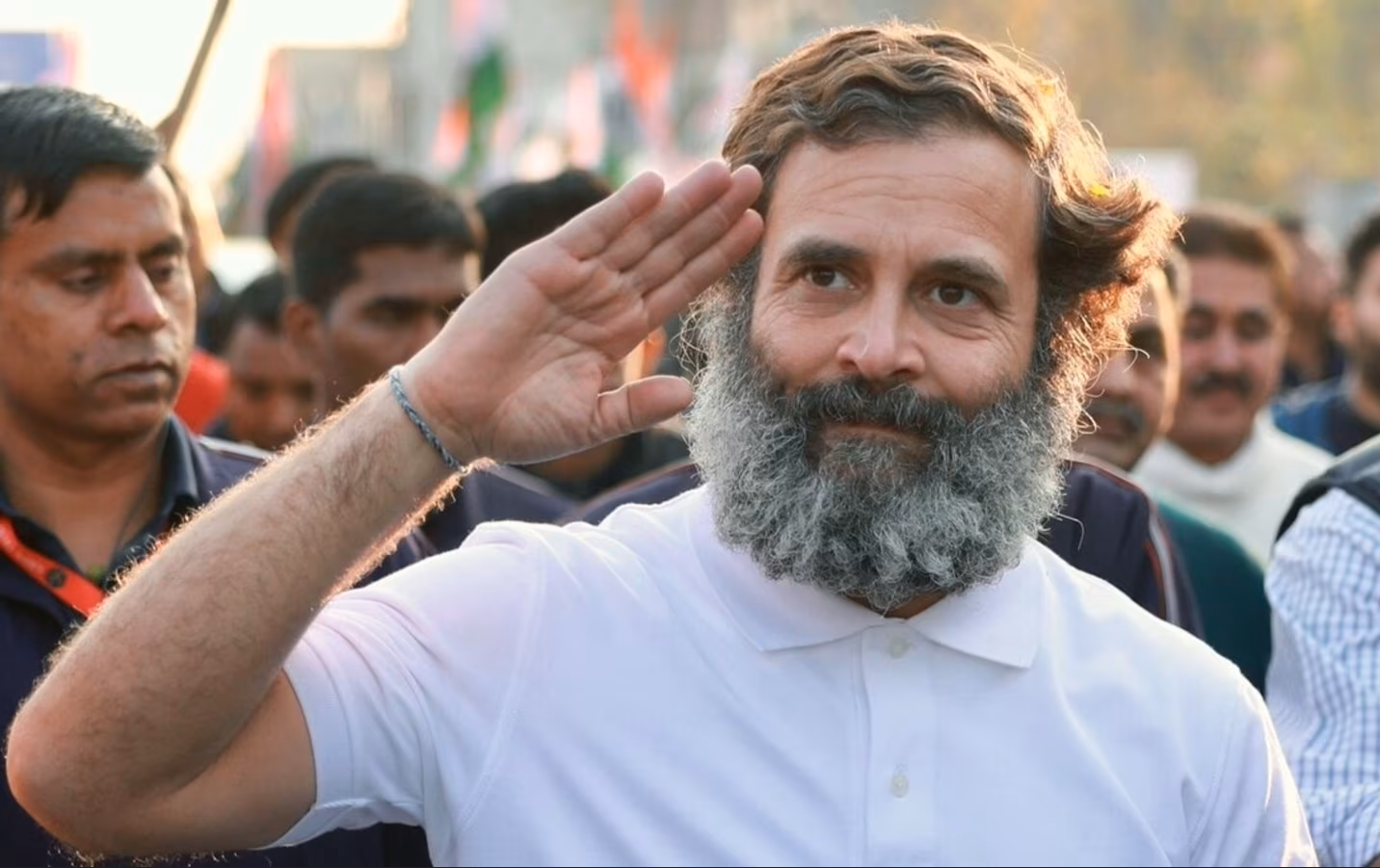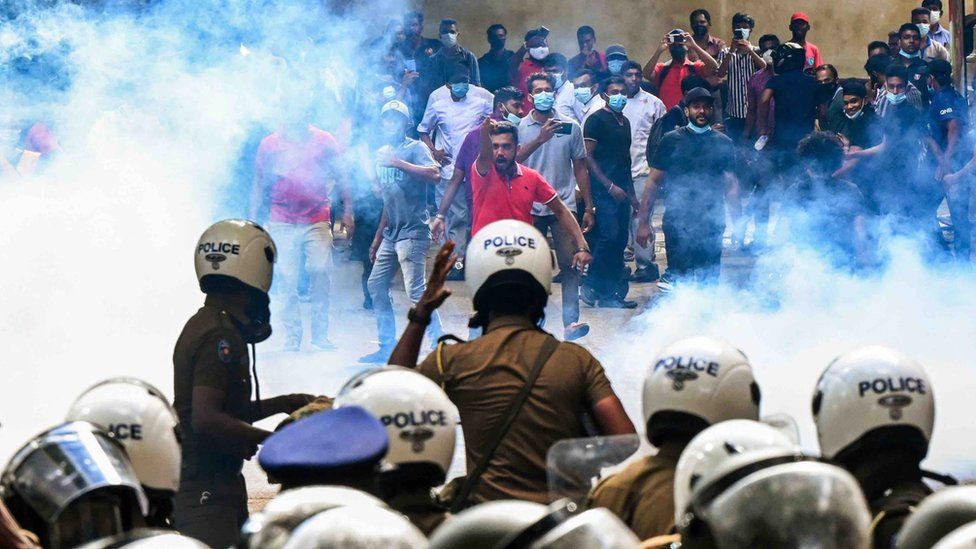30
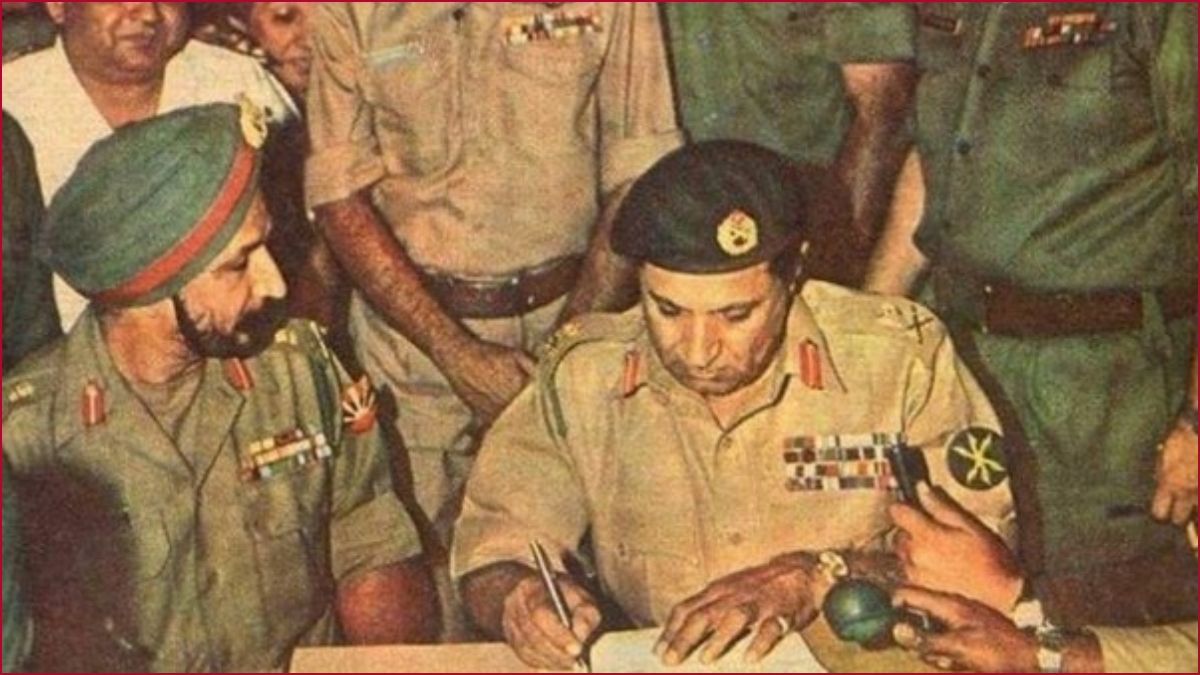
New Delhi, 30, September 2023
Pakistani Army’s Military Operations in KPK Reminds of Genocide of Bangladesh
Gopal Misra

The on-going clashes since September 6 on the Afghan-Pakistan borders have caused worries in New Delhi, if not anxiety, as to how it was going to impact the already fragile security environment in the region.
It is being accompanied by the recent Pakistani military’s crackdown on the Afghan refugees in Karachi. India has been pleading with the democratic world that the issue should be examined from a larger perspective, especially the confrontation between the army and Tehereek-i-Taliban Pakistan (TTP), which, according to Pakistan is being sponsored by Afghan Government.
The Taliban Government in Kabul has not only denied the allegation, but its leaders have also accused Islamabad for indulging in lies and double-speak. Therefore, the sudden eruption of the Khalistan issue should also be examined from a larger security perspective of the region, where the Chinese influence has been more assertive following the exit of the USA from Kabul.
The biography of the Pakistani military dictator, General Pervez Mushrraf is being frequently quoted that huge funds in dollars had been raised by Pakistan from America by handing over the Talibans to its invading forces. It s believed that for a huge financial consideration, Abdul Salam Zaeef, the Afghan ambassador to Pakistan just before and after the September 11th attacks on New York was handed over to American agents. He, however, was released several years later from the dreaded Guantánamo prison.
Since India too his hosting a large number of the Afghan refugees, the deteriorating relationship between Afghanistan and Pakistan might soon be impacting India. Islamabad’s recent open support to Khalistanis could be indicative of a larger confrontation between the two friends recently turned foes. In India, according to a UN report the numbers of the Afghan refugees are being estimated to be about 15000, but the actual figures could be in lakhs. Following the Pakistani crackdown, their numbers might further swell. Most of them have been issued emergency visas.
Pakistani Army’s Hard-line
For the Indian strategic affairs experts, the grim situation is getting further alarming with each day, especially following the adoption of the hard-line being adopted by the generals in Rawalpindi, the headquarters of the army. Earlier, it was hoped that the new army chief, Asif Munir, would finally succeed in winning back the confidence of the Afghan Taliban and a permanent truce might be arrived at between Islamabad and Kabul.
It appears that Asif Munir, who succeeds in installing Anwaar-ul-Haq Kakar, as caretaker PM, could not win the powerful faction of the erstwhile army chief, Jawed Qamar Bjwa and Faize Hamid, who is still remembered as one of the most influential chiefs of the Inter Services Intelligence (ISI). Both Bajwa and Faize Hamid are known to be having excellent ties with Kabul, but the present incumbent in the ISI, Nadeem Ahmed Anjum, does not enjoy the proximity his predecessor have had. Similarly, Kakar’s elevation as PM, who is from Baluchistan and a first-time senator, could not obtain much support from the strife-torn province, KPK, where the TTP has emerged as a major political force.
With the arrest of Imran Khan, a cricketer-turned leader and former PM, Pakistan Tehreek-e-Insaf (PTI), which had been ruling Khyber Pakhtunkhwa (KPK) province is not opposed to TTP. Similarly Jamiat Ulema-e-Islam(F), which is running hundreds of schools or madarasas has students supporting TTP. Another influential political outfit is the Awami National Party of Wali Khan, son of the legendary Abdul Gaffar Khan or Frontier Gandhi. It means that the Pakistani army does not have adequate political ground support in the region, where the TTP continues to occupy vast territories of Chitral.
Political Solution
Unless fresh polls are held and the two former prime ministers, Nawaz Sharif of Pakistan Muslm League –Noon and Imran Khan are allowed to contest , the army does not have adequate political support to deal with the strife. There is a trust deficit between Kakar and the people of KPK. He had initiated his political career in the Muslim League of the army dictator, General Pervez Musharraf. Earlier, he was groomed by the GHQ known for having closed door sessions with the country’s policy makers, briefings to the country’s political and military elite, sessions on building anti-Baluchistan narrative. Born in 1971, he is a post-graduate in political science and has been closely associated with the National Defence University, Islamabad.
Earlier, with a view to accommodate the regional aspirations of the people of the region, Islamabad had conceded the erstwhile territories of the FATA to the existing province of KPK. With this it has become multiethnic comprising Pashtuns, Hindkowans , Saraikis and Chitralis.
Indian Concerns
Earlier, KPK was a part of the all-inclusive Indian culture and was known as Gandhara. The ruins of its ancient capital, Pushkalvati still narrate its glorious past. It has frequently been mentioned in Vedic epics, including Rig Veda, Ramayana, and Mahabharata, and its valiant people had repulsed the invading army of Alexander. Before the colonial rule, it was under the secular regime of Maharaja Ranajit Singh, though British called him a Sikh ruler.
The region remained part of India during the Moghul rule and the British regime. India’s freedom movement was fought under the umbrella of the Indian National Congress and its top leaders included the Abdul Gaffar Khan remembered as Seemant Gandhi or Frontier Gandhi, who had vehement opposed India’s partition in1947. It may be recalled that then Indian PM Rajiv had flown to Peshawar on January 20, 1988 to pay last respect to the Frontier Gandhi. He was accompanied by Sonia, and several Indian ministers. He had travelled to Peshawar against the advice of the then military dictator, Zia-ul-Haq, according to Khan's son, Abdul Wali Khan, who had launched the National Awami Party. Tens of thousands of mourners attended his funeral including Afghan President Mohammad Najibullah, marching through the Khyber Pass from Peshawar towards Jalalabad, where he was later buried as per his wishes. He had never accepted division of Pakhtoon territories by the Durand Line, and the issue continues to haunt Pakistan-Afghan relations
During the 20-year American military operations in Afghanistan, large number of refugees had poured into Pakistan. They were in millions during decades of successive wars, many living in aid camps with restricted access to education, healthcare and employment. It is estimated that 1.3 million are registered refugees and 880,000 more have legal status to remain in Pakistan, according to the latest United Nations figures.
The ongoing crackdown against and implicating them in false cases, according to observers in New Delhi, might further cause danger to the fragile peace in the region adversely affecting India too.











































































































































































































































































































































































































































































































































































































































































































































































































































































































































































































































































































































































































































































































































































































































































































































